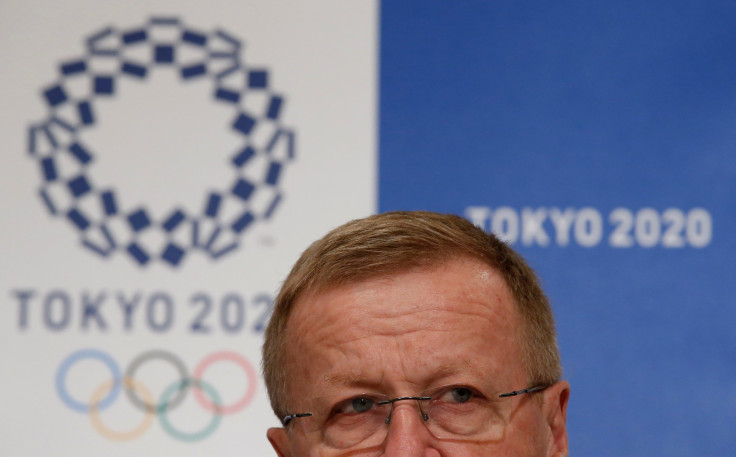How Much Will The 2020 Tokyo Olympics Cost And Is It Worth The Price? Budget Set For $16.8B

Organizers of the Tokyo 2020 Olympics unveiled Wednesday their budget for the games, a whopping $16.8 billion plan to prepare for and host the next summer Olympics. The organizers of the games vowed to look for more cost savings for the games with the International Olympic Committee, which has pushed for a cheaper display, according to Reuters.
That budget was announced during a four-party working group that included the Olympic committee. It was the first time that they had officially indicated how much money is in play since Japan won the hosting rights in 2013. The new budget was about 5 percent smaller than what had previously been discussed informally at meetings.
“We are pleased with the progress we are continuing to make,” John Coates, the vice president of the International Olympic Committee, said on a video conference Wednesday. Coates had been critical of the previous estimates.
That $16.8 billion budget will be paid for through sponsorships, contributions from the Olympic committee, private funds and public funds. The public will carry the brunt of those costs, $12.1 billion, compared $4.7 billion that will be paid out by those other sources.
Olympics in the past have had a huge range of different budgets. The most recent Olympics, the 2016 summer games in Rio, cost an estimated $16.6 billion. The 2012 summer Olympics in London came with a roughly $15 billion price tag.
One of the most expensive, if not the most expensive, Olympic games in history were the 2014 winter games in Sochi. Those events cost, when all was said and done, an estimated $21.9 billion.
It’s not certain that forking over the cash to host an Olympics is even worth it for the city or country hosting. While a big and impressive spectacle may be good for morale, the money being spent could easily go to other projects. For instance, in Rio, a common sentiment among the poor people living in the city’s favelas was that the money was being spent on foreigners coming to enjoy the games. For those people, maybe the money could be spent better elsewhere.
© Copyright IBTimes 2024. All rights reserved.












